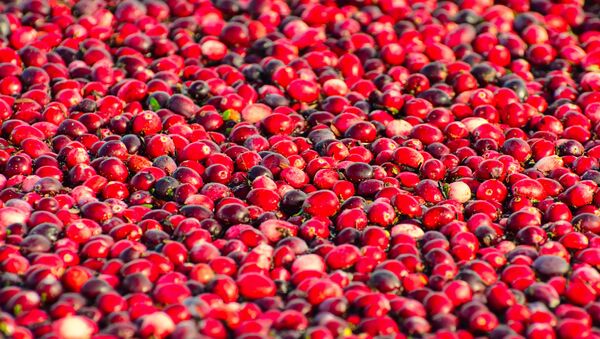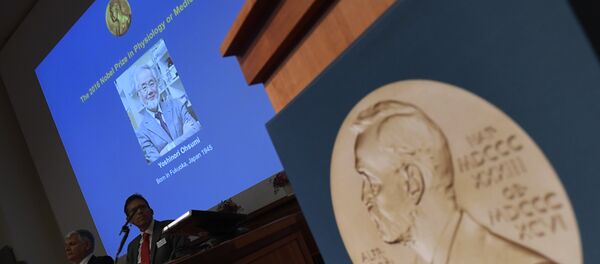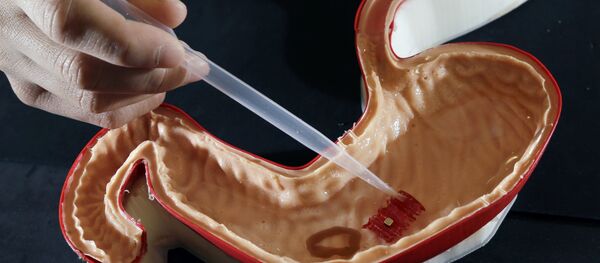Researchers found that in a year-long study of 185 elderly women living in nursing homes, cranberry capsules had no effect in either preventing UTIs or in altering the bacteria or white blood cells present in the womens' urine, both indicators of an infection.
"The continuing promotion of cranberry use to prevent recurrent UTI in the popular press or online advice seems inconsistent with the reality of repeated negative studies or positive studies compromised by methodological shortcomings," the study found.
One in five women will get a UTI at some point in her life, and the burning and itching that goes along with it. For some women, the infections can be recurring. It has long been thought that cranberries and cranberry juice was a miracle cure, either because it could lower the pH of urine because of the quinic acid in the berries or because the proanthocyanidins – biologically active compounds – in cranberries prevented the bacteria associated with UTIs from sticking around the body.
Apparently, none of this is true. The JAMA study isn't the first to point this out and even references a number of other clinical trials that have either not found benefits in ingesting cranberries or cranberry products or have methodological issues that compromise their results. A 2012 survey of 24 studies by researchers at the University of Stirling, UK, also found that "cranberry juice cannot currently be recommended for the prevention of UTIs."
So why has the myth stuck around for so long?
"For a UTI to occur, bacteria must adhere to and invade the lining of the bladder," said Timothy Boone of the Texas A&M College of Medicine in a Science Alert story on the study. Boone was not involved in the JAMA study. "[Cranberries' proanthocyanidins] interfere with the bacteria’s ability to bind to the wall of the bladder and create an infection."
Well that all sounds great – except we're not drinking nearly enough of the stuff to make a difference. "It takes an extremely large concentration of cranberry to prevent bacterial adhesion," Boone explained. "This amount of concentration is not found in the juices we drink. There's a possibility it was stronger back in our grandparents' day, but definitely not in modern times."
Ladies – it's time to pour out a glass for an old wives' tale.




